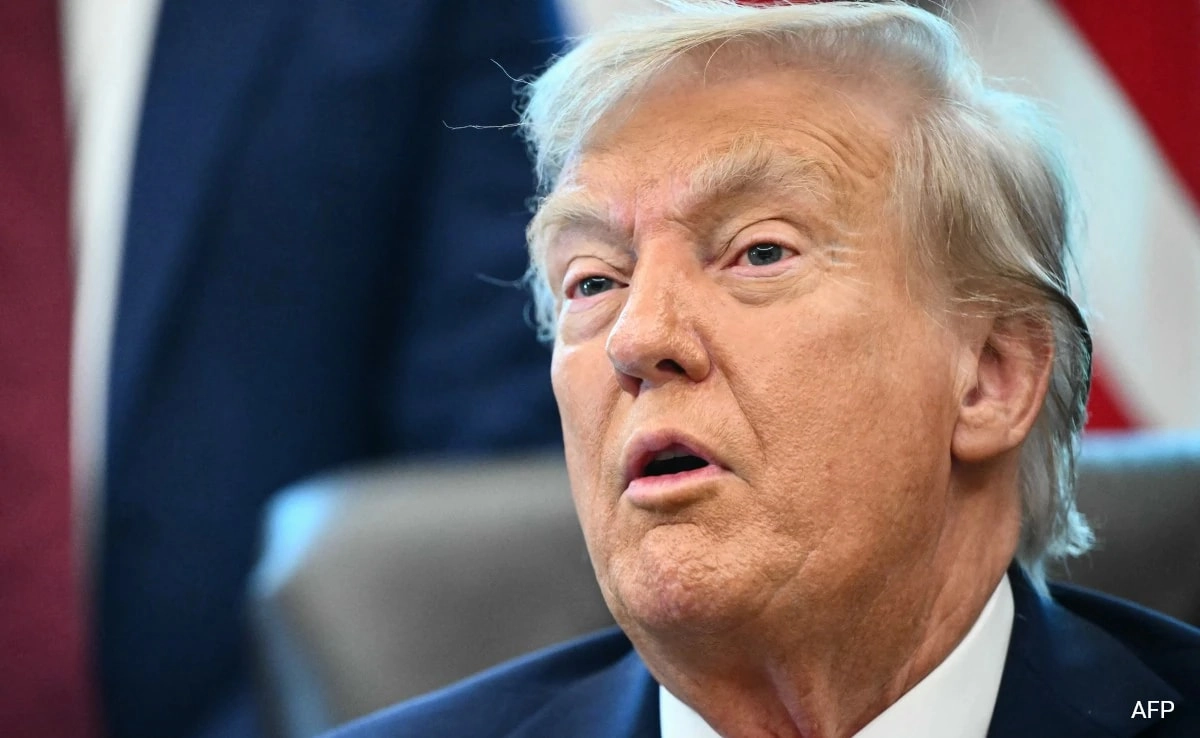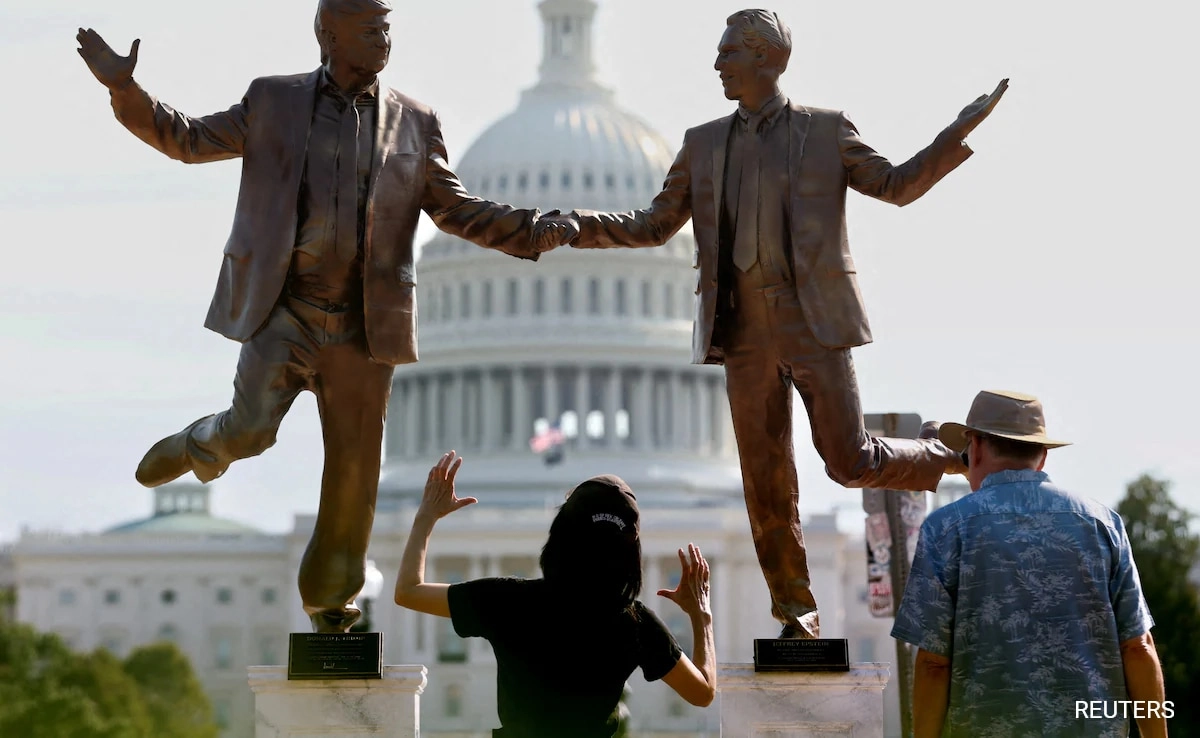In a recent ruling, a U.S. court declared that former President Donald Trump’s tariffs were illegal, igniting a firestorm of reactions from various sectors of the economy and political landscape. The decision has significant implications for international trade and economic policy, as these tariffs were a cornerstone of Trump’s administration’s approach to protecting American industries from foreign competition. Critics of the tariffs argue that they led to increased prices for consumers and strained relationships with international trading partners, while supporters maintain that they were necessary to safeguard American jobs and businesses.
The court’s finding has sparked concerns about what could happen if these tariffs were to be removed or adjusted. Many industry leaders and economists warn that abolishing the tariffs could lead to a “total disaster” for certain sectors, particularly those that have relied on the protection these tariffs provided. Without the tariffs in place, there is a fear that American manufacturers might struggle to compete with foreign companies that can produce goods at lower costs. This situation could potentially result in job losses and a decline in domestic production, undermining the very goals that the tariffs aimed to achieve.
Moreover, the ruling raises questions about the future of U.S. trade policy. As the Biden administration continues to navigate the complexities of international trade relationships, there is an urgent need to reconsider the strategies that were previously employed. Lawmakers and trade officials must grapple with the balance between protecting domestic industries and fostering healthy international trade relations. The implications of this court ruling extend beyond just tariffs; they touch upon broader economic policies and the direction the U.S. intends to take in the global market.
As the fallout from this ruling unfolds, the debate over tariffs, trade policies, and their impacts on the American economy is likely to intensify. Stakeholders from various industries will be closely monitoring the situation, advocating for solutions that do not compromise the competitiveness of American businesses. The challenge lies in finding a path forward that supports economic growth while ensuring fair trade practices that benefit all parties involved. This legal decision has the potential to reshape the landscape of U.S. trade policy, and its repercussions will be felt for years to come.




